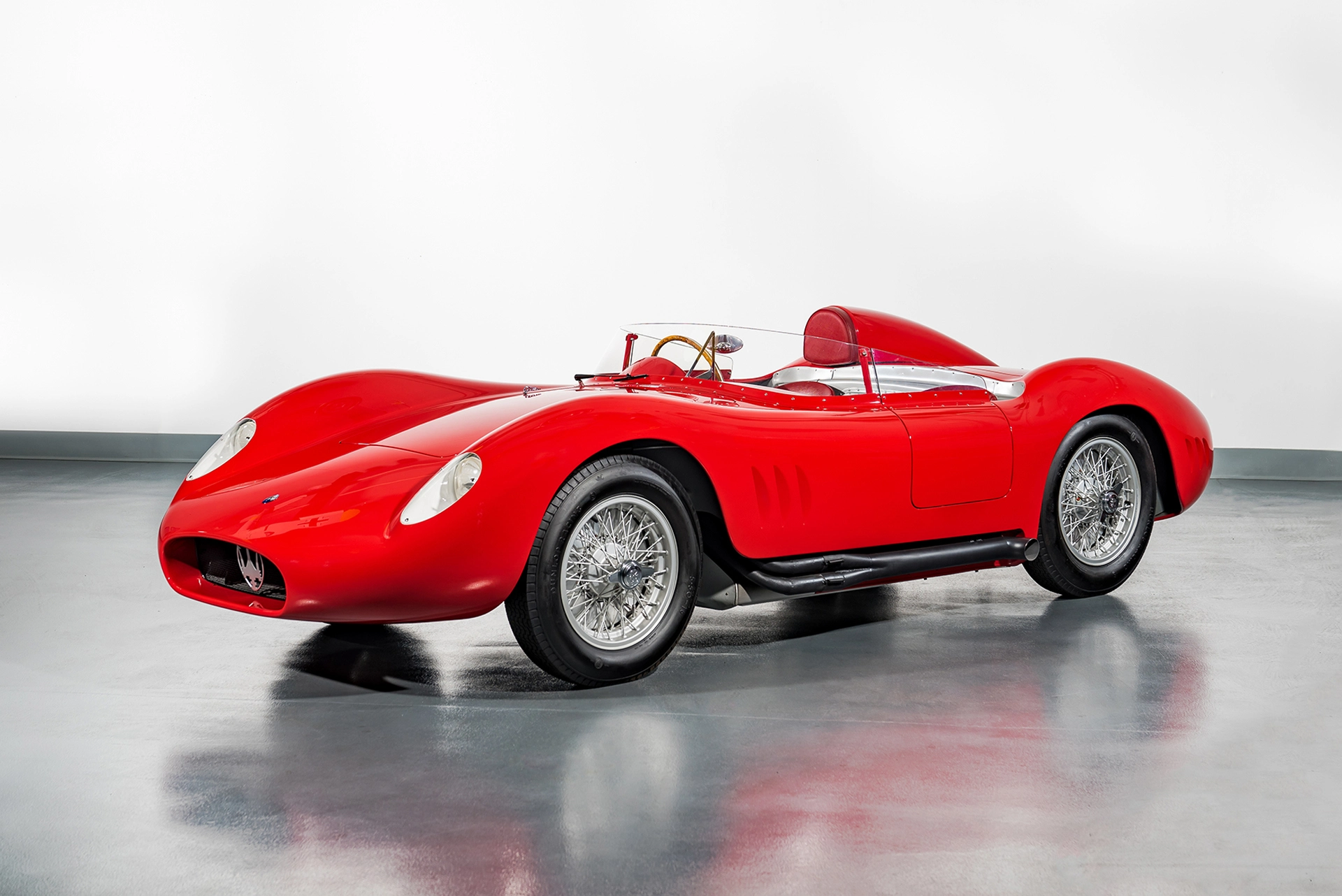European Hill Climb Championship: Maserati's 1957 Triumph
20 July 2024 3 min read 3 images

Photo credit: Victor Fischer, RM Sotheby’s
In the 1950s, track races were still rare, with racetracks just beginning to be developed, often using old World War II airfields, like Silverstone, where the Formula 1 World Championship began on May 13, 1950. Hill Climb races were mostly local but managed to attract crowds of enthusiasts thanks to the participation of the best drivers of the era. For this reason, the FIA, Fédération Internationale de l'Automobile, decided to establish the new European Hill Climb Championship to encourage major car manufacturers to participate officially.
Register to unlock this article
Signing up is free and gives you access to hundreds of articles and additional benefits. See what’s included in your free membership. See what's included in your free membership.
Already have an account? Log In


